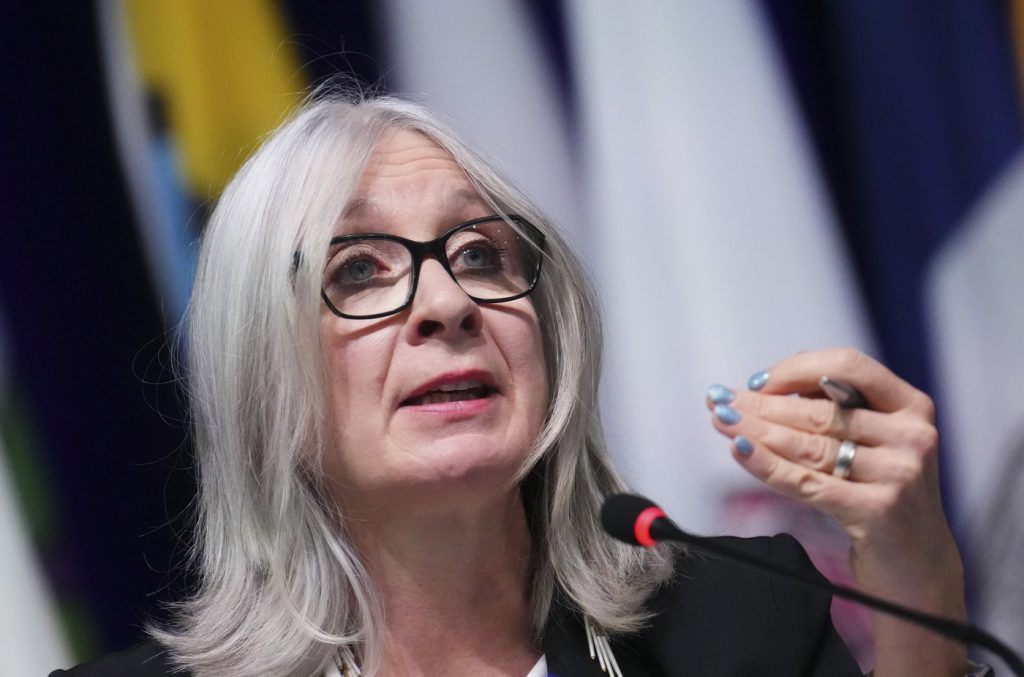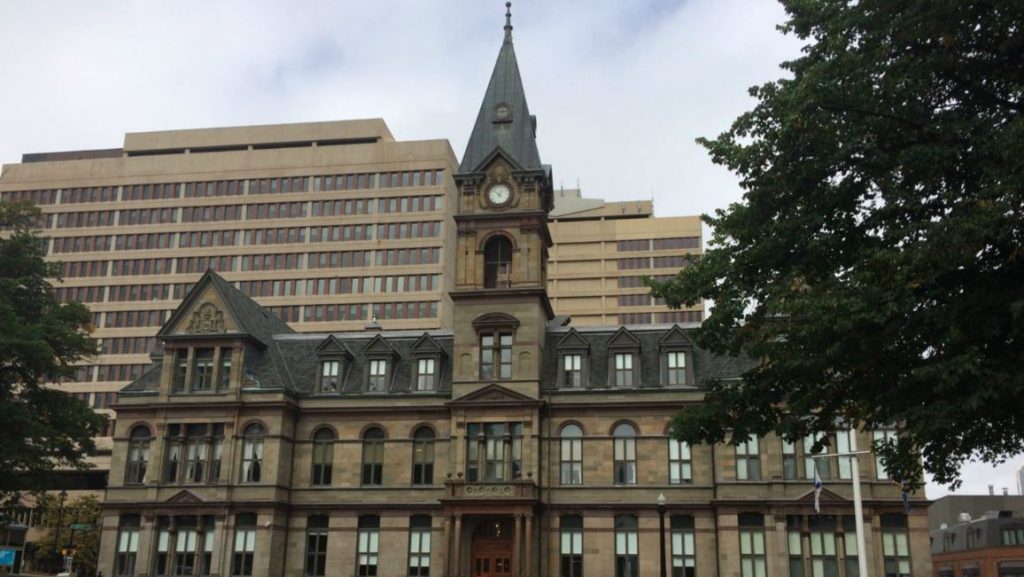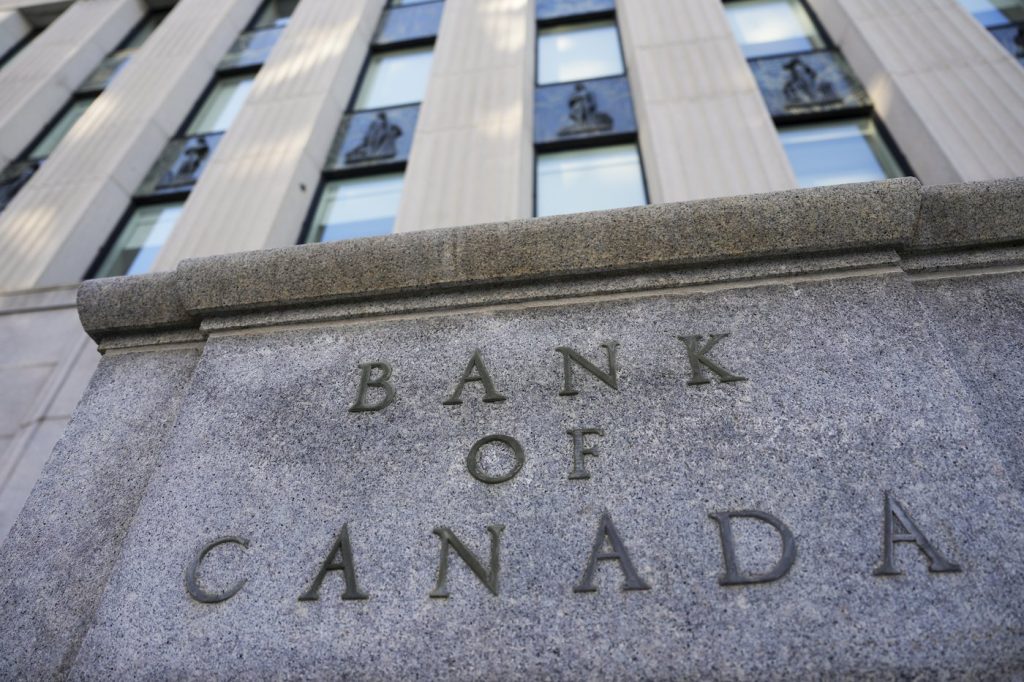Hajdu says failing to pass First Nations water bill would be ‘deep disappointment’

Posted Jan 9, 2025 04:34:56 PM.
Last Updated Jan 9, 2025 07:45:35 PM.
OTTAWA — It would be a “deep disappointment” if a First Nations drinking water bill dies completely before the next election, Indigenous Services Minister Patty Hajdu said Thursday.
The bill would lead to a landmark change for First Nations, ensuring they have reliable access to clean drinking water and the ability to protect source water on their territories.
Both Hajdu and National Chief of the Assembly of First Nations Cindy Woodhouse Nepinak pushed for its passage in recent months including in December after MPs failed to give unanimous consent to pass the bill and send it to the Senate.
It is now in danger of not proceeding at all because Prime Minister Justin Trudeau prorogued Parliament until March and any bill that hadn’t passed is dead unless MPs agree to restore it.
Hadju said the government will move to reintroduce it when the House resumes on March 24 but it’s up to opposition parties to decide if they’ll support doing that.
“There is a path if people truly care about this,” said Hajdu in an interview with The Canadian Press.
“It’s heartbreaking for me that we got this close and that we didn’t get it across the finish line. And I guess the next steps will be in the hands of the opposition parties.”
The government legislation known as Bill C-61 recognizes that First Nations have an inherent right to clean drinking water and commits the government to provide adequate and sustainable funding for water services in First Nations.
Conservatives, NDP and Bloc Québécois have all vowed to vote non-confidence in the government, making the likelihood of the bill returning slim.
Hajdu has long touted the bill as being transformational for First Nations communities, though it has seen some critiques from leaders, especially in Alberta, who say they were not properly consulted.
The bill was the result of a class-action settlement agreement against Canada, which repealed the 2013 Safe Drinking Water for First Nations Act passed by former prime minister Stephen Harper.
Leaders said that legislation was inadequate, didn’t provide enough funding and did not recognize the potential infringement on their inherent and treaty rights.
The new legislation would require minimum water quality standards, along with funding at par or better than other jurisdictions. It would also see First Nations be able to co-ordinate with other jurisdictions on how to protect source water on their territories.
“Right now, there is no law on the books that actually sets a minimum standard for regulations on water delivery. So there’s this big kind of gaping hole that needs to be filled with the new legislation,” Hajdu said.
Woodhouse Nepinak said in an interview earlier this week that she was similarly hoping the legislation could be passed despite turmoil in Parliament in the fall. She said she and her colleagues will continue with their advocacy despite Parliament being prorogued.
“Water is a gift from the Creator flowing through the veins of this land, connecting all living beings. Water sustains not just our bodies, but our spirits and our traditions and our way of life for all Canadians. It’s a necessity, not a privilege,” Woodhouse Nepinak said.
“There was support in the House of Commons to enable a GST cut on alcohol for the holidays. I believe there should be at that much political will left in the House of Commons to do the right thing for reconciliation: prioritize water.”
Hajdu thinks there is still a path forward should parliamentarians see it as a priority.
“It’s my hope that if we don’t get this passed in some miraculous way in this session, that whoever’s in government next time picks up this, I think, incredibly thoughtful legislation that was co-drafted with First Nations people.”
This report by The Canadian Press was first published Jan. 9, 2025.
Alessia Passafiume, The Canadian Press








